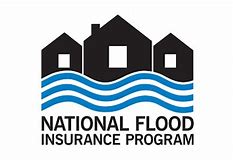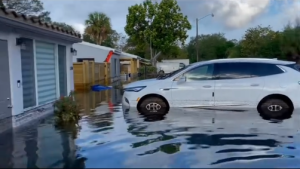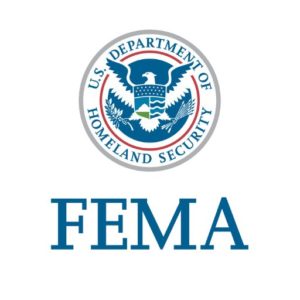Private flood insurance is growing as federal flood insurance declines and could be the future of flood coverage, a Florida state senator refiles a bill requiring flood zone disclosures for renters, and FEMA announces almost $2 billion in available funding for climate resilience nationwide.
 Private Firms Flood the Market: There is encouraging news in what appears to be a transfer of flood insurance policies in the U.S. from the public market to the private market – one of the goals of the National Flood Insurance Program’s (NFIP) Risk Rating 2.0 change. AM Best reports that private market direct premiums written were up 24% to about $1.2 billion last year, which includes the first nine months of Risk Rating 2.0. At the same time, NFIP’s total premiums across the entire program fell 12% to nearly $2.8 billion, signaling that either policyholders are switching to private flood or dropping flood coverage altogether. There were 11 more private carriers in 2022 as well. In Florida, NFIP’s largest market, 33 private flood insurance companies offer primary coverage. AM Best reports especially keen growth in coverage for commercial businesses whose assets are not fully covered by the $500,000 structural damage limit, and $500,000 personal contents limit of NFIP.
Private Firms Flood the Market: There is encouraging news in what appears to be a transfer of flood insurance policies in the U.S. from the public market to the private market – one of the goals of the National Flood Insurance Program’s (NFIP) Risk Rating 2.0 change. AM Best reports that private market direct premiums written were up 24% to about $1.2 billion last year, which includes the first nine months of Risk Rating 2.0. At the same time, NFIP’s total premiums across the entire program fell 12% to nearly $2.8 billion, signaling that either policyholders are switching to private flood or dropping flood coverage altogether. There were 11 more private carriers in 2022 as well. In Florida, NFIP’s largest market, 33 private flood insurance companies offer primary coverage. AM Best reports especially keen growth in coverage for commercial businesses whose assets are not fully covered by the $500,000 structural damage limit, and $500,000 personal contents limit of NFIP.

Flood waters remained to the bottom of car doors and nearly to front door knobs of homes in Ft. Lauderdale the morning after the big rain, April 13, 2023. Courtesy, Broward S.O.
Protecting Renters: State Senator Linda Stewart (D-Orlando) has refiled SB 38, a bill to require landlords to disclose whether an apartment is located in a designated flood zone prior to lease signing. Stewart says it’s a much needed warning regarding the rapid inundation that can happen during storm season. The bill is intended to first inform all tenants throughout the state of their likelihood to flood, so that they can make an informed decision whether to purchase flood insurance. This push comes after Hurricane Ian did considerable damage to many parts of Stewart’s own Orange County district but this issue is close at home for many Floridians. “They’re just unaware of what the risk might be,” said Stewart, “then, they find out too late what it is.” She said the preventative measure would help renters better understand the liabilities of the prospective properties.
 FEMA pledges $1.8B towards Climate Resilience: FEMA recently announced two grant programs to help fund local community response and resilience against extreme weather events. The Building Resilient Infrastructure and Communities (BRIC) makes $1 billon available and the Flood Mitigation Assistance program offers an additional $800 million to try to mitigate damage to communities nationwide. As a part of FEMA’s Justice40 Initiative, the grant programs aim to have 40% of the aid sent to marginalized communities, who are overburdened with continual environmental issues including rampant pollution. Applications have opened and will be closing on Feb. 29, 2024. Eligible applicants must apply for funding using FEMA Grants Outcomes portal. FEMA has planned three webinars to help state and local government officials better understand the application process, associated pitfalls, and repetitive loss properties.
FEMA pledges $1.8B towards Climate Resilience: FEMA recently announced two grant programs to help fund local community response and resilience against extreme weather events. The Building Resilient Infrastructure and Communities (BRIC) makes $1 billon available and the Flood Mitigation Assistance program offers an additional $800 million to try to mitigate damage to communities nationwide. As a part of FEMA’s Justice40 Initiative, the grant programs aim to have 40% of the aid sent to marginalized communities, who are overburdened with continual environmental issues including rampant pollution. Applications have opened and will be closing on Feb. 29, 2024. Eligible applicants must apply for funding using FEMA Grants Outcomes portal. FEMA has planned three webinars to help state and local government officials better understand the application process, associated pitfalls, and repetitive loss properties.

